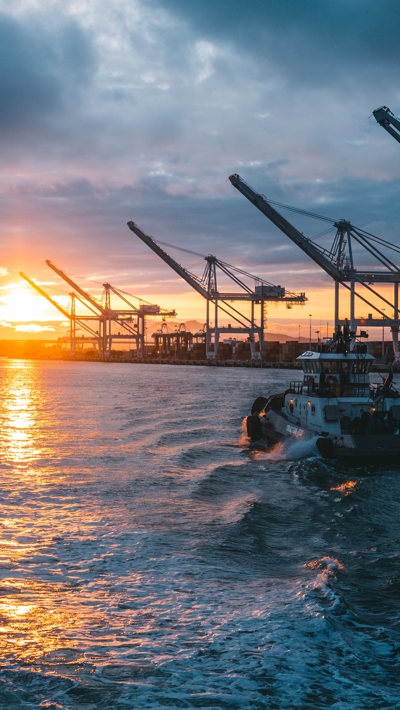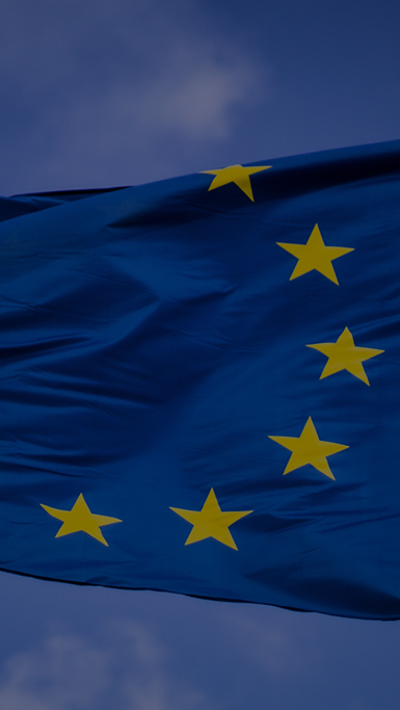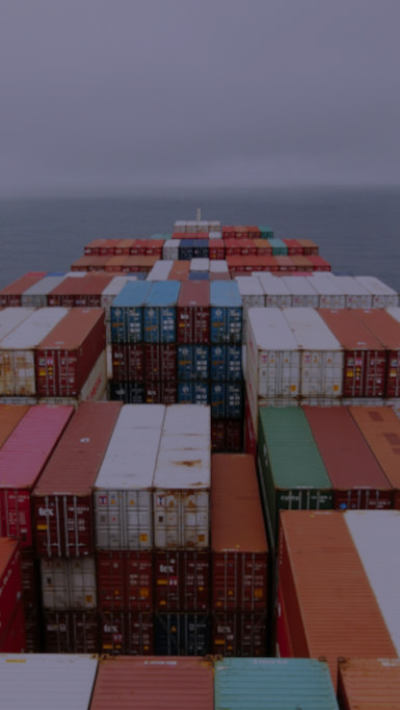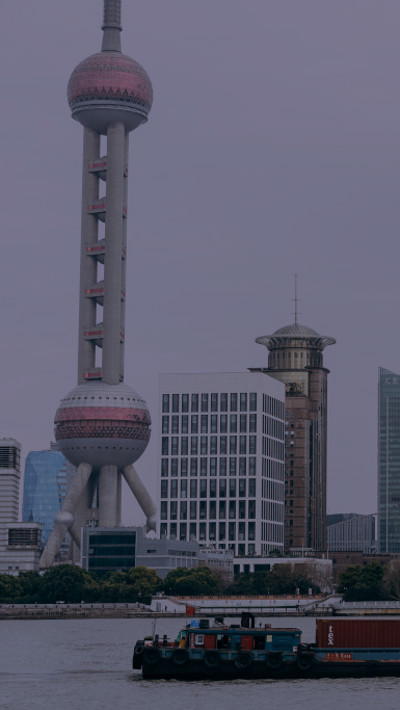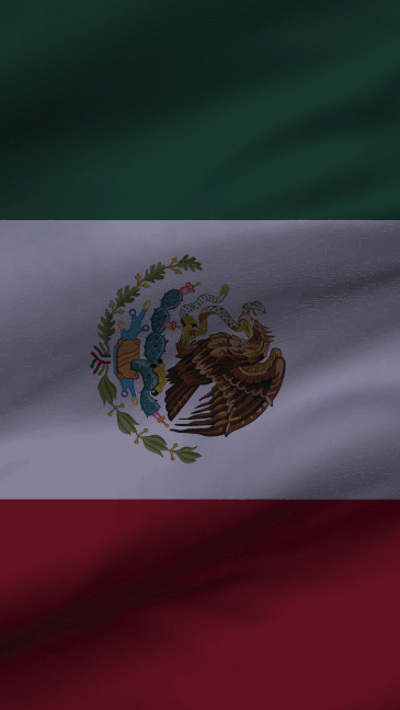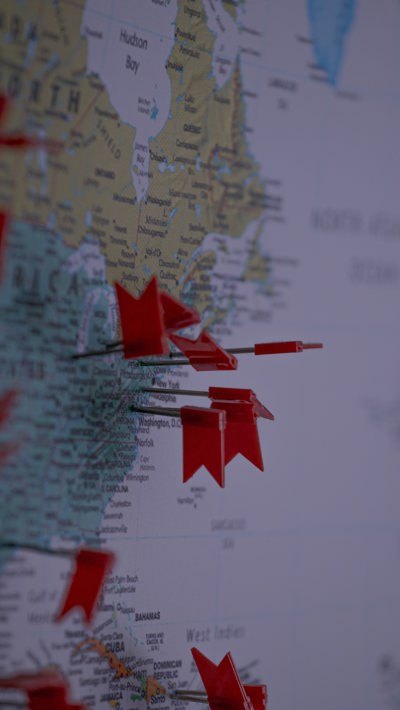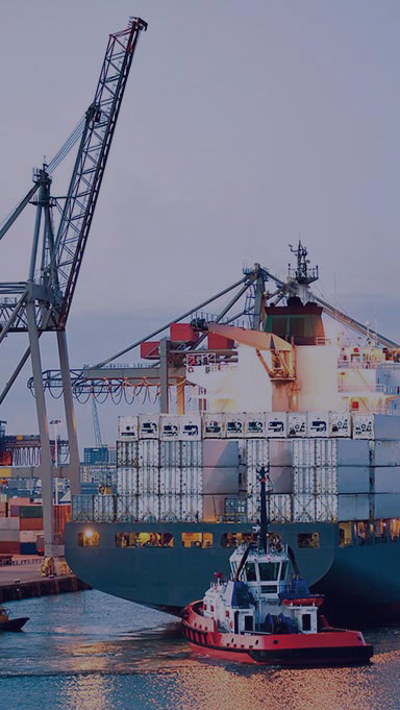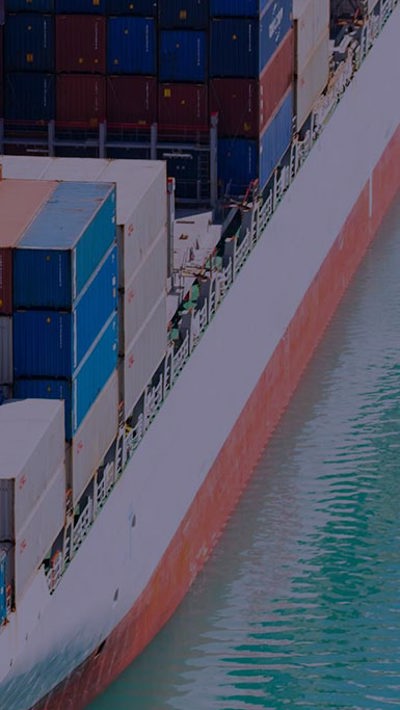Speak to our experts
Contents
The UK has formally applied to become the first non-founding country to join the Comprehensive and Progressive Trans-Pacific Partnership (CPTPP) Agreement.
But there is a significant process to be followed before a final decision is made, in particular, a requirement on the UK to make “mutually satisfactory market access offers” to those countries that have ratified the CPTPP – Australia, Canada, Japan, Mexico, New Zealand, Singapore and Viet Nam.
The CPTPP accession process
The UK notified New Zealand, as the CPTPP depositary, of its request to start the accession process on 1 February 2021. There are no geographical limits on which economies may join but there are also no guarantees of acceptance.
At this stage, the CPTPP has 11 signatories but four – Brunei Darussalam, Chile, Malaysia and Peru – have yet to complete ratification.
Starting accession discussions is not automatic
The CPTPP Commission, comprising government representatives of each CPTPP Party at Ministerial or senior official level, must decide by consensus whether to start an accession process. Objection by one Member would be enough to stymy the aspiring economy’s ambitions.
If commencement is approved, a working group comprised of government representatives from each CPTPP Party will be formed. The UK would be required to explain to the working group how it intends to comply with CPTPP rules.
Mutually satisfactory market access offers
The UK will also need to reach agreement on mutually satisfactory market offers with existing Members on access for goods, services and investment, government procurement, and temporary entry of people. These offers, which must be made within 30 days of the first meeting of the working group, will need to detail:
- proposed tariff cuts (order and timing to reach elimination in a timely fashion)
- any restrictions the UK wishes to maintain on the supply of particular services by suppliers from CPTPP Members, or on investment or investors from other Members as well as policy areas (such as public health or education) in respect of which it wishes to maintain flexibility to discriminate or otherwise breach its obligations
- the government entities in respect of which it will commit to opening procurement processes and abiding by CPTPP rules
- any situations in which state-owned enterprises will not be bound by CPTPP rules, and
- those categories of business persons and workers it will allow to enter the UK and under what conditions.
These offers would kick-start negotiations between the UK and existing CPTPP Parties. Not all signatories have yet ratified the Agreement, meaning that the UK would only have to negotiate with Australia, Canada, Japan, Mexico, New Zealand, Singapore and Viet Nam.
The original TPP negotiation consisted of a series of bilateral negotiations based on individual countries’ market access interests but – in most cases – the final market access commitments were made common to all members. For trade in goods, this means that imports from any CPTPP member receive the same preferential tariff treatment and exporters can use inputs from across the CPTPP region.
The negotiating process for the UK will be similar in that each member will seek particular concessions based on their own interests but in the end, all CPTPP members will need to be comfortable with the overall market access offers made by the UK. None of the seven countries with which the UK will need to negotiate has yet made any public statements about what they will be seeking from the UK.
Will existing text be adjusted?
No textual changes are needed in order for the UK to accede, but members could take advantage of the opportunity created by the UK’s accession to adjust their own commitments, bringing forward tariff liberalisation or removing services and investment restrictions.
The CPTPP was always intended to be a “living agreement”, responsive to changing circumstances and business practices.
A formal invitation to join?
Once all CPTPP Parties are satisfied with the UK’s offers, the CPTPP Commission would formally invite the UK to become a member. At that point, the UK would be required to demonstrate that it has completed all the changes in its domestic laws and regulations required to comply with its CPTPP obligations, and then notify New Zealand, as the Depositary.
Entry into force for the UK
The UK will become a CPTPP party 60 days after it indicates to the Depositary that it has completed its applicable legal procedures.
Benefits of UK CPTPP Membership
For the UK
The existing 11 CPTPP signatories represent 13% of the world’s income and joining it would give UK businesses improved access to the fast growing Asia-Pacific economies.
The UK is already negotiating FTAs with Australia and New Zealand and has “continuity agreements” with a range of countries, inherited from the EU and rolled over before Brexit. This means that UK businesses already have a relatively high level of access, but there remains potential to benefit from lower tariffs, reduced non-tariff barriers, and easier access to provide services and invest across the region where higher levels of ambition have been achieved in CPTPP.
The CPTPP also provides a single set of rules of origin, and allows content from across the CPTPP to be ‘cumulated’ – meaning that where a set percentage of CPTPP content is required to qualify for preferential tariffs, that percentage can come from any combination of CPTPP countries. This would allow, for example, cars made in the UK for export to Canada to use more Japanese-originating car parts.
For existing members
If accepted, the UK would be the CPTPP’s second biggest economy after Japan. Even if the immediate economic impact of its accession is – due to the continuity agreements – likely to be relatively modest, the UK’s participation would significantly increase the group’s combined GDP as well as broaden its geographical reach. The UK’s interest may also provide impetus to other potential applicants (recent reports indicate that China, Taipei, South Korea and Thailand are all considering whether to apply for CPTPP membership).





